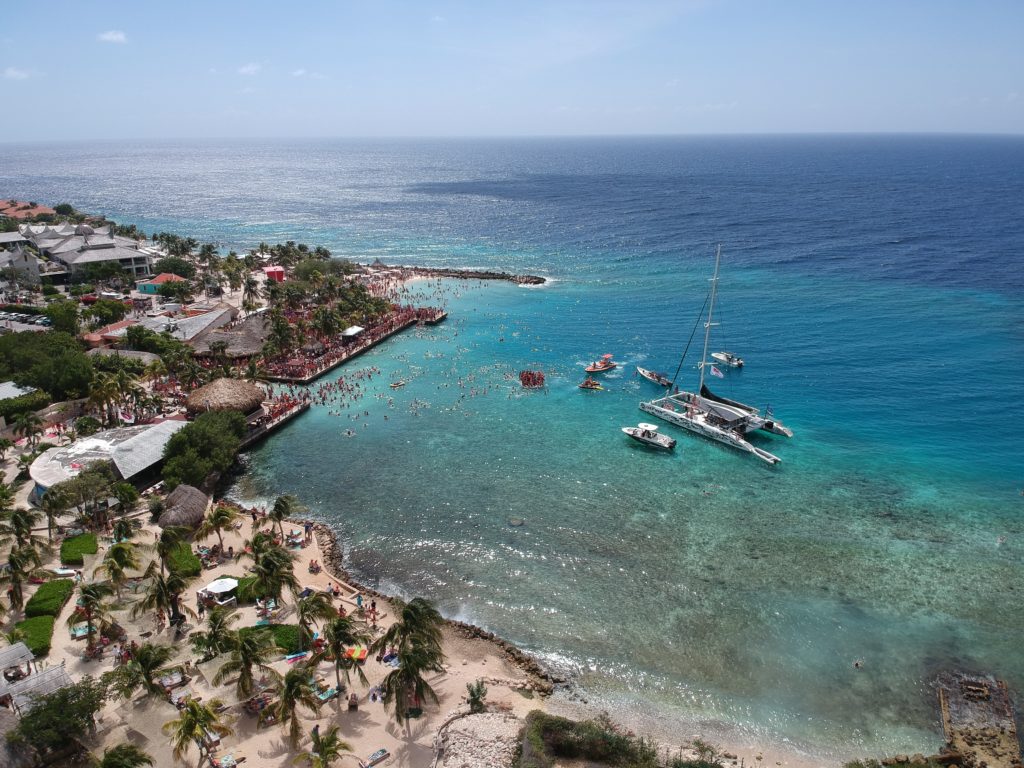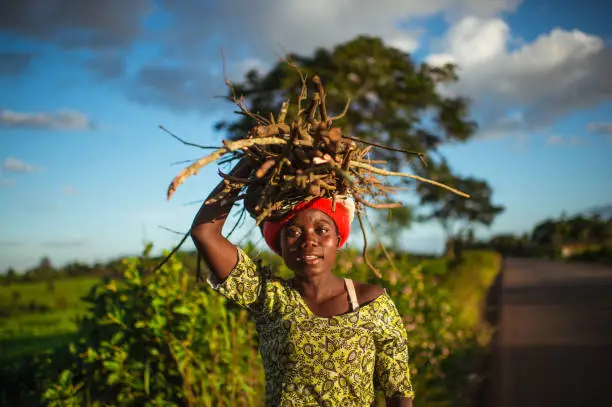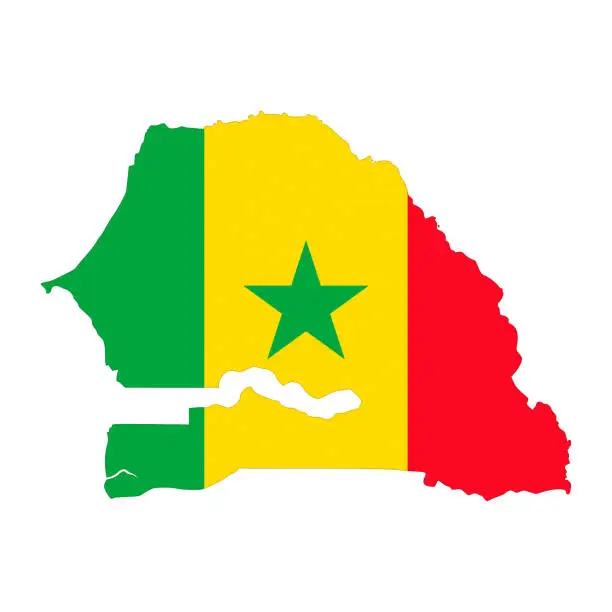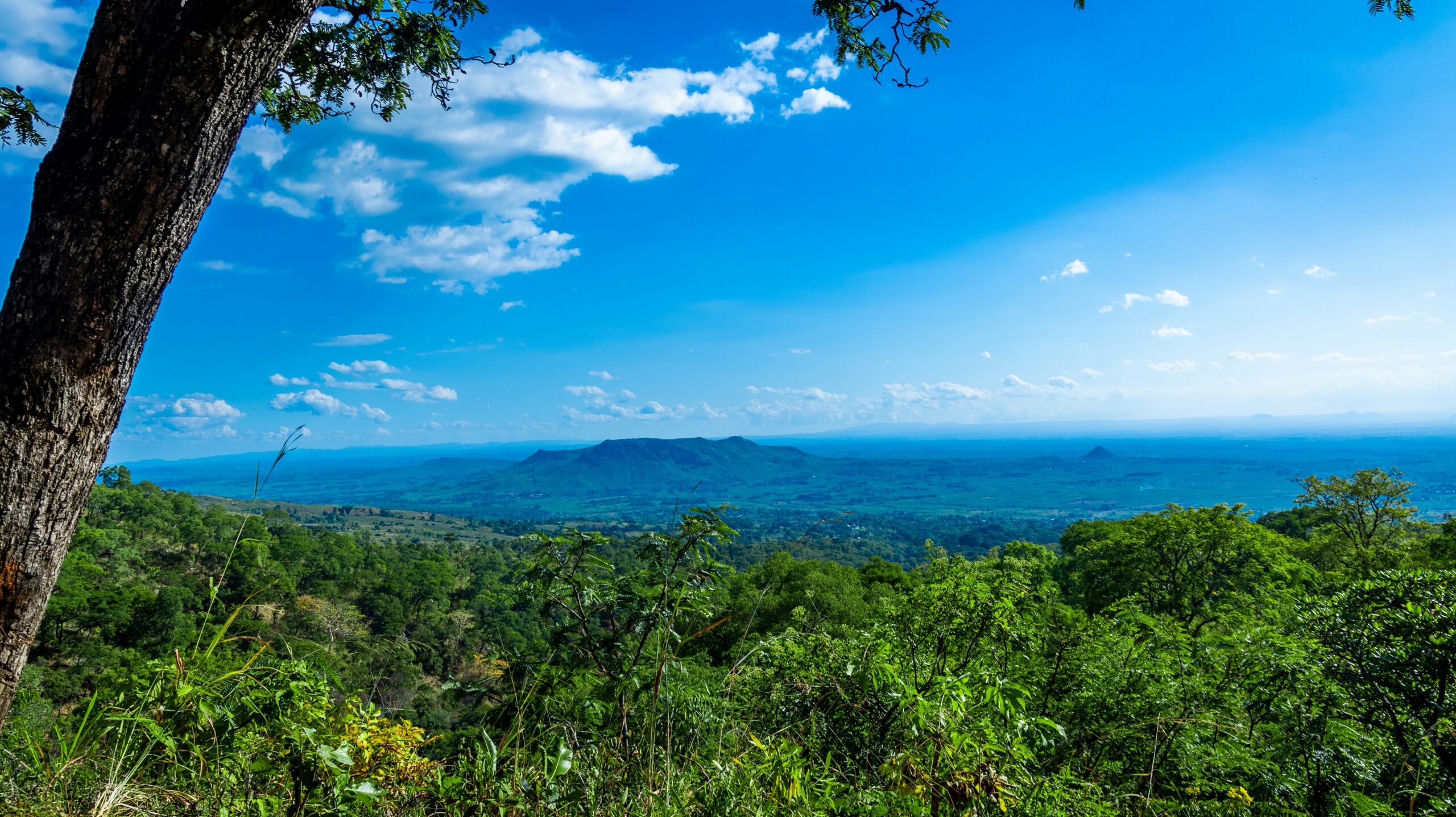Curaçao, which is in the southern Caribbean Sea, offers a great vantage position from which to survey the new territory. Of course, you can’t just start a business just because the site is excellent and go on a wild goose hunt. Starting a new business in a foreign location requires an investment of time and money, which you should utilize intelligently.
This nation is a dependable option because it’s part of the Dutch Kingdom. If the necessity arises, it has a strong banking system and a Dutch judicial system with access to European Courts. The island essentially offers all the amenities one would expect from a large metropolis, but in a calm yet chic Caribbean ambiance, and the population is multilingual and highly educated.
This country has good air and sea connections to most main destinations, so manufacturers and wholesalers can export LCLs to nearby regional markets. Although the latter two are both highly appealing benefits, it’s the first one in particular that makes Curaçao a sure bet.
Through the Caribbean Basin Initiative and the Overseas Countries and Territories (OCT) agreement, Latin American and Caribbean businesses have preferential access to US and European markets. Due to its quick access to a market with over 100 million potential clients, Curaçao is the ideal Caribbean distribution hub for enterprises entering the market.

Not all branches have the same needs
If you are in the business of maintenance and repair, it is far more important that customers be able to physically access your location. You don’t ship things to distant marketplaces; rather, you offer a service that people can utilize right now and immediately put to use. As a result, the fact that our two Free (Economic) Zones are located near the international airport and the seaport, respectively, will likely strike you as being particularly attractive.
Economy of Curaçao
According to the World Bank, this nation has a high-income economy. The island’s infrastructure is well-developed, and its financial services and tourism industries are robust. The economy is also significantly influenced by shipping, international trade, oil refining, and other activities associated with the Willemstad port (such as the Free Trade Zone).
The country has one of the highest living standards in the Caribbean, with a GDP (PPP) per capita ranking of 46th and a nominal GDP per capita ranking of 28th. The administration is working to increase foreign investment to meet its goal of diversifying the country’s economy. This approach, known as the “Open Arms” policy, places a strong emphasis on IT firms.
Financial services
Since the local merchant houses’ finance divisions were transformed into commercial banks during World War I, this nation has a long history of providing financial services. These banks started taking on more responsibilities as the economy expanded, eventually developing into full-fledged financial organizations. Willemstad is home to the Dutch Caribbean Securities Exchange and the oldest central bank in the Western Hemisphere, the Central Bank of Curaçao and Sint Maarten. A well-liked corporate sanctuary, the island’s legal system accommodates a wide range of corporate forms. Although it adheres to the EU Code of Conduct against unfair tax practices, this country is regarded as a tax haven. A well-liked corporate sanctuary, the island’s legal system accommodates a wide range of corporate forms. Although it adheres to the EU Code of Conduct against unfair tax practices, Curaçao is regarded as a tax haven. It is a recognized jurisdiction of the OECD and the Caribbean Financial Action Task Force on Money Laundering, and it has qualified intermediary status with the US Internal Revenue Service. Anti-Money Laundering and Counter-Terrorism Funding Compliance are strictly enforced throughout the nation.







